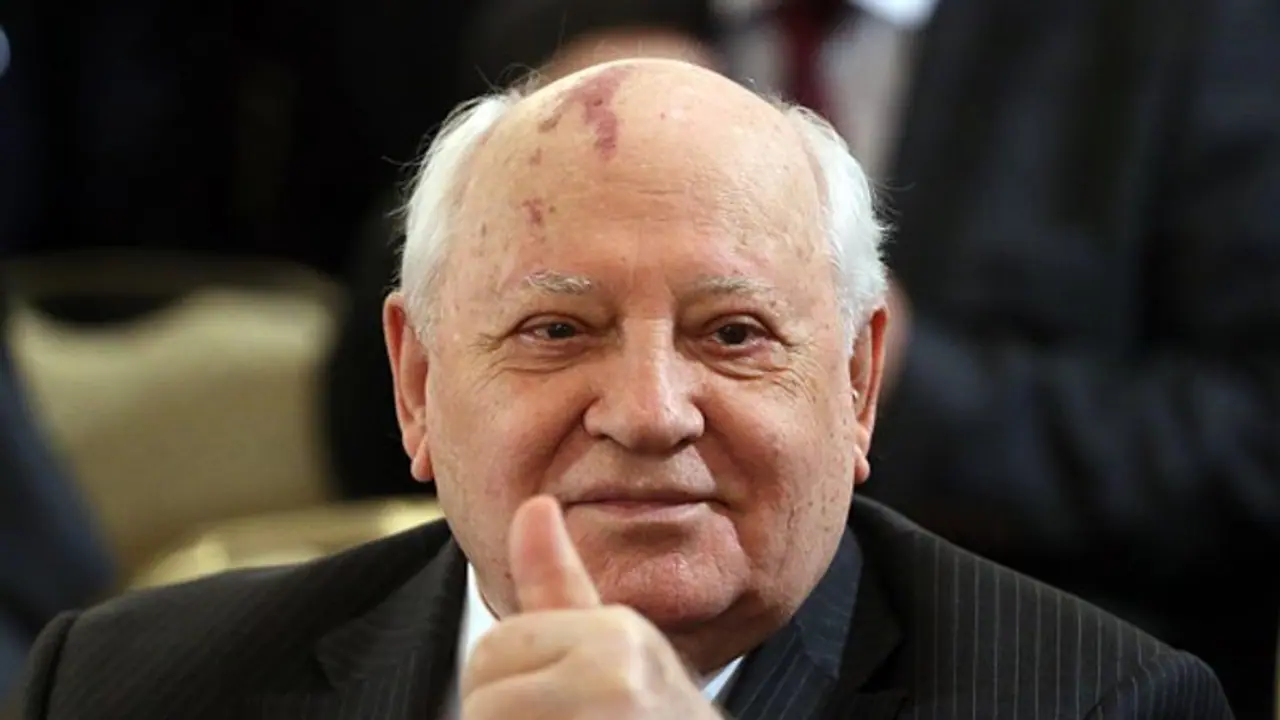Even though Mikhail Gorbachev was in power for less than seven years, he unleashed an extraordinary series of numerous events that led to the Soviet Union's collapse, the liberation of countries in Eastern Europe from Russian rule, and the end of years of East-West nuclear conflict.

Mikhail Gorbachev, one of the great figures of the twentieth century, who changed the course of history by triggering the collapse of the Soviet Union, died in Moscow on Tuesday, aged 91. Gorbachev ended the Cold War without bloodshed. He was the last surviving Cold War leader and was instrumental in reviving US-Soviet relations. The Central Clinical Hospital confirmed Gorbachev's death after a long illness, according to an official statement quoted by The AP.
Russian President Vladimir Putin expressed deep condolences on Gorbachev's death and said he would send an official telegram to his family in the morning, according to Kremlin spokesman Dmitry Peskov.
Even though he was in power for less than seven years, he unleashed an extraordinary series of numerous events that led to the Soviet Union's collapse, the liberation of countries in Eastern Europe from Russian rule, and the end of years of East-West nuclear conflict.
Here are some lesser-known facts about Mikhail Gorbachev:
1) Gorbachev took over as Soviet leader in March 1985 and resigned on December 25, 1991. He made numerous changes, including the breakup of the Soviet Union, which bore no resemblance to the transformation.
2) After leaving office, Gorbachev told The Associated Press in a 1992 interview, "I see myself as a man who initiated necessary reforms for the country, Europe, and the world. I'm frequently asked if I'd do it all over again if I had to. Yes, with more perseverance and determination."
3) The last Soviet leader was also awarded the 1990 Novel Peace Prize for bringing the Cold War to an end. He spent years accumulating honours and awards from across the world. In contrast, Russians blamed him for the Soviet Union's implosion in 1991.
4) His presidential campaign in 1996 was a national joke, and he received less than 1 per cent of the vote.
5) He also released political prisoners, allowed open debate and multi-candidate elections, granted his citizens the right to travel, ended religious oppression, reduced nuclear arsenals, strengthened ties with the West, and did not oppose the fall of Communist regimes in Eastern European satellite states.
Also Read: This day in History: First solo flight across globe, Gorbachev okayed ban on nukes
Also Read: In touch with Russian authorities, says MEA on arrest of IS terrorist
Also Read: Over 20 civilians killed in Russian attack on Ukraine's Independence Day: Report
